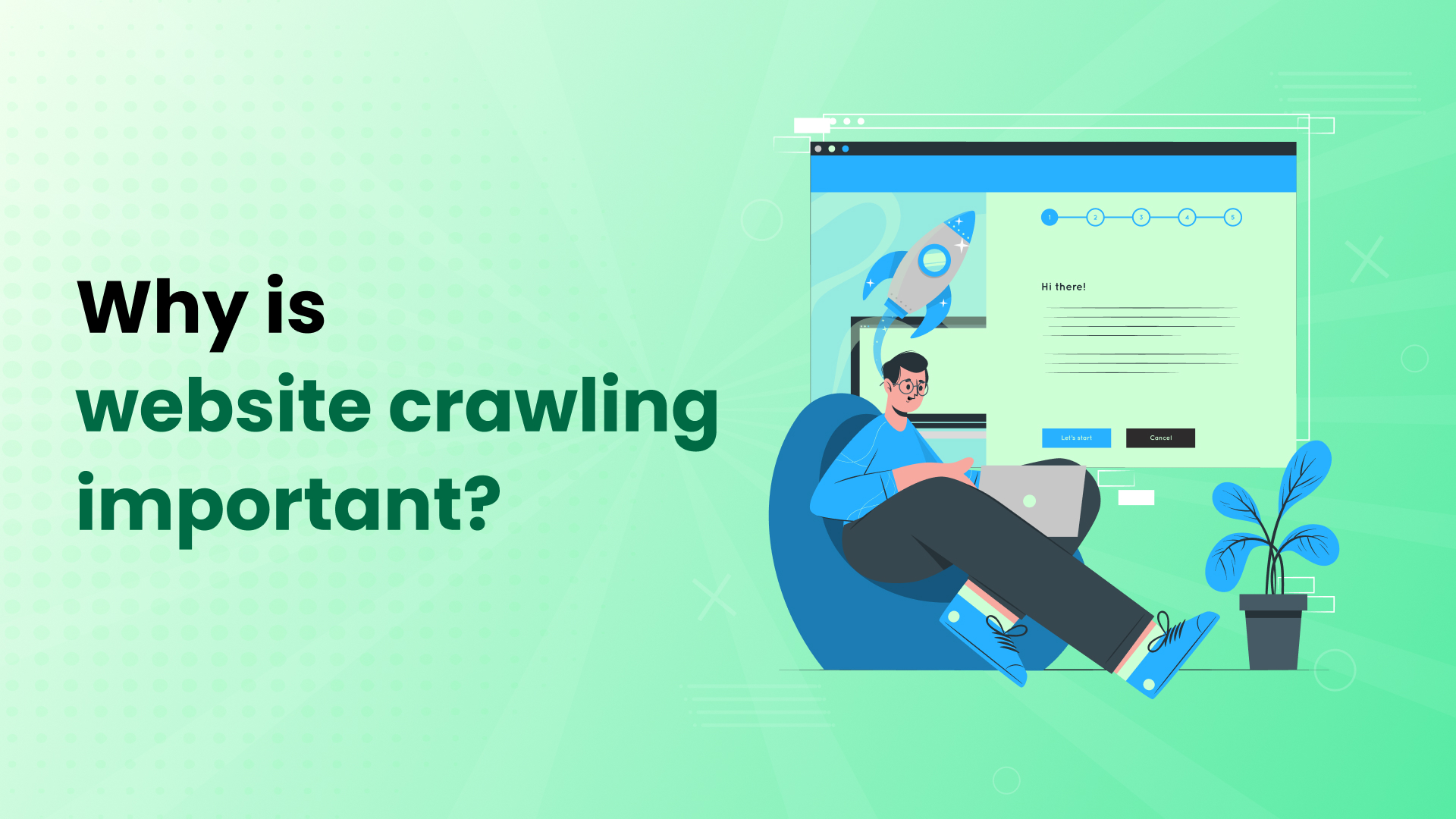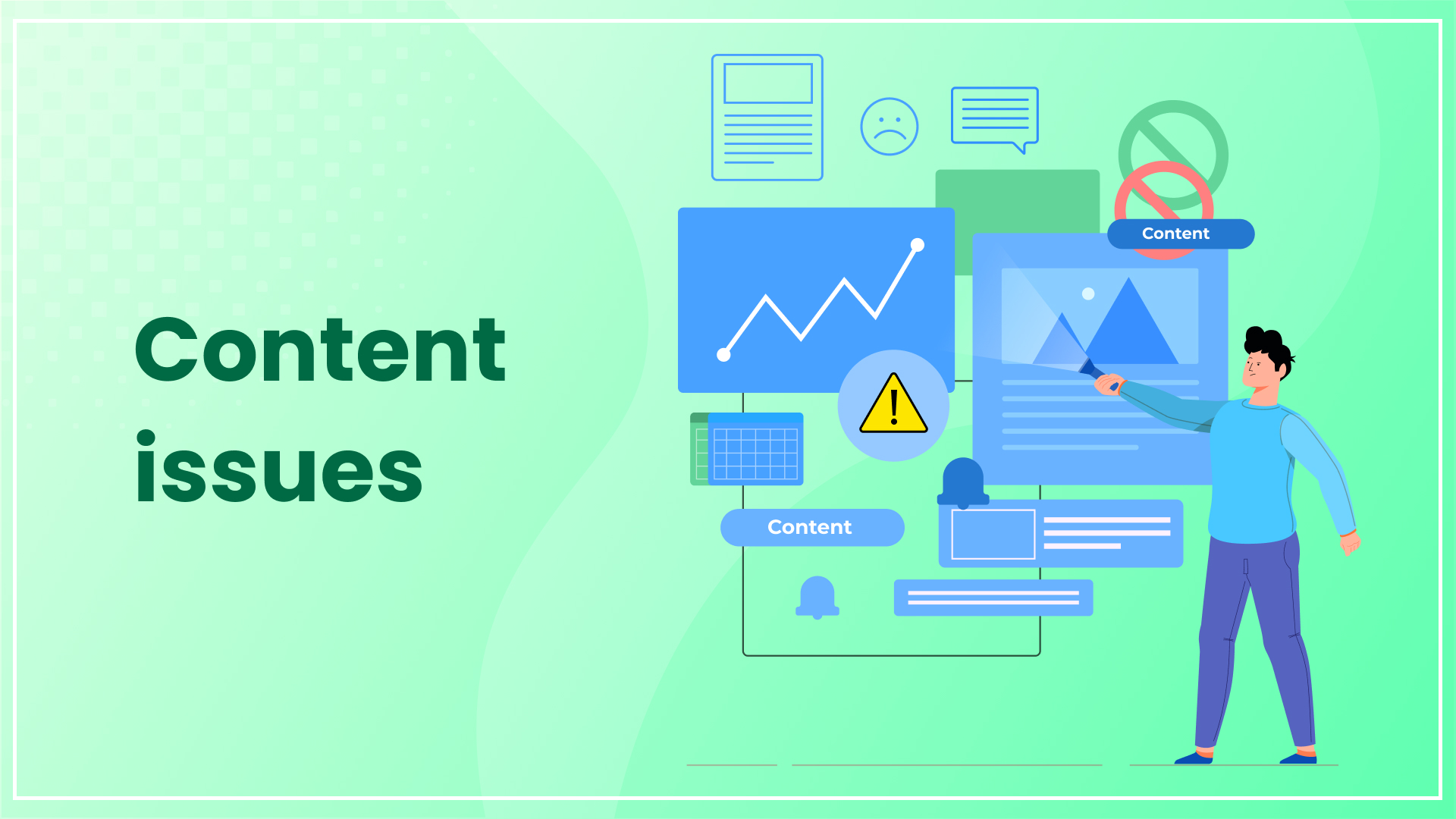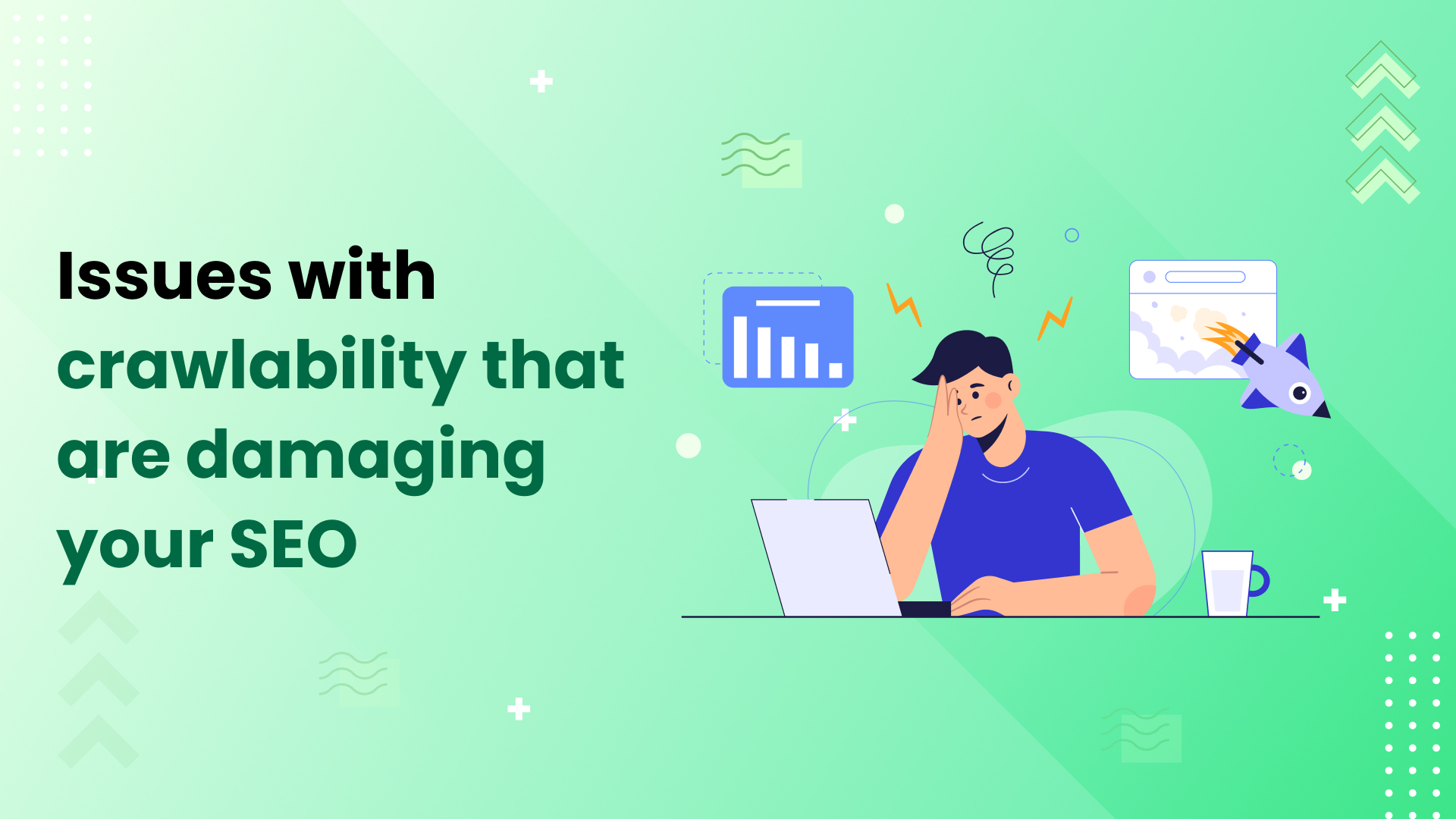Contents
Maintaining a strong online presence is crucial for businesses of all sizes in the ever-evolving digital marketing landscape. One of the most critical components is ensuring your business website is easily discoverable by search engines, a process heavily reliant on effective crawlability.
What is crawlability?
In simple terms, crawlability refers to how easily search engine bots or crawlers, can navigate and index your website’s pages. Poor crawlability can severely damage your SEO efforts – leading to decreased visibility, lower rankings and, ultimately, reduced traffic and conversions.
This article delves into the core issues affecting crawlability that could hinder your SEO performance. With over 1.93 billion websites on the internet, roughly 50 billion webpages and 2,52,000 websites designed daily, ensuring your website stands out and is easily accessible to crawlers is key. The competition to secure a spot on the first page of search engine results is fiercer than ever. Hence, understanding the intricacies of crawlability and rectifying issues that hinder this process is essential for sustaining a successful online strategy.
Why is website crawling important?

Website crawling is the foundational process by which search engines like Google discover and catalogue the content on your website. This process involves automated bots, often called spiders, following links from page to page, collecting data and building an index of billions of pages. This index then determines which pages are most relevant to search queries.
However, here’s the catch: if crawlers can’t access or understand your website structure, your content becomes invisible to search engines. This means no indexing, ranking and ultimately, no organic traffic — leading to missed opportunities for organic traffic and potential customers.
Common Crawlability Issues and How They Damage SEO
Crawlability issues on a website can arise from various sources — this includes technical glitches, content mismanagement and structural inefficiencies:
Technical issues
1. Blocked URLs by robots.txt
The robots.txt file is essential for directing crawlers on which pages to crawl or avoid. However, misconfigurations here can lead to significant SEO issues. Blocking critical pages, such as product pages or important content, can prevent these pages from being indexed, severely impacting visibility.
Tip: Regularly audit your robots.txt file to ensure no critical pages are unintentionally blocked
2. Server errors (5xx) and not-found (404) errors
It’s like hitting a dead end when crawlers encounter 5xx server errors or 404 not-found errors. These errors prevent crawling spiders from accessing content, preventing that content from being indexed. These errors can also frustrate customers and lead them to abandon your website.
3. Rendering issues
With time, as Google’s ability to render JavaScript improves, it’s essential to ensure that your website’s pages render correctly. If critical webpage content is only accessible via JavaScript and rendered incorrectly, it might not be indexed. To avoid this, you can use Google’s Fetch and Render tool to see how Google views your page and fix any discrepancies.
4. Excessive URL parameters
If you include too many URL parameters, crawlers can get confused, leading to diluted link equity and indexing issues. To manage this problem efficiently, canonicalisation is key. Set your preferred domain in Google Search Console and ensure the correct use of canonical tags to consolidate URLs.
(in simple terms, canonicalisation is a process of selecting the representative canonical URL)5. Slow page load speed
A sluggish website frustrates users and hinders bots and crawlers from efficiently crawling your site. Slow load speeds can result in fewer pages crawling within the allocated crawl budget, leading to lower indexation rates. To avoid this issue, carefully optimise images, reduce HTTP requests and leverage browser caching to improve load speeds.
Content issues

1. SEO tag errors
Issues with tags such as canonical or hreflang can confuse crawlers, leading to duplicate content indexing or improper language/region-specific indexing. The chances of missing, incorrect or duplicate tags leaving crawlers confused are extremely high, obstructing their ability to understand your content.
Quick tip: Opt for tools such as Google Search Console to identify and rectify tag issues
2. Secure content behind forms or logins
Consider offering a teaser of the accessible content to crawlers before requiring a login or form submission. Hiding content behind forms or logins may, at times, enhance user experience but can be detrimental to SEO if the essential content needs to be crawled.
3. Duplicate content
Duplicate content on a website is a big no-no! It can confuse search engines, leading to lower rankings. Identifying and resolving duplicate content issues is crucial to maintaining the site’s integrity and crawlability; duplication can lead to plagiarism detections. Canonical tags can help direct search engines to the original content and prevent duplicate content penalties.
Bonus insights on commonly ignored errors
Best practices to improve crawlability
The IS Global Web advantage
At IS Global Web, one of the best SEO companies in Noida, we understand the complexities of crawlability and its impact on SEO rankings. IS Global Web’s digital marketing gurus are equipped to identify as well as efficiently resolve crawlability issues.
Our comprehensive digital marketing services include SEO consultancy, site audits, content strategy, search marketing, pay-per-click (PPC) management and content marketing. We also specialise in voice search optimisation and quality link building, helping you stay ahead of the curve and achieve sustainable growth.
Our team comprises highly skilled SEO professionals who ensure tailored solutions for your unique needs. Our comprehensive digital marketing services include SEO consultancy, site audits, content strategy, search marketing and search engine optimisation (SEO), pay-per-click (PPC) management and content marketing. We are one of the best SEO companies in Noida, as we handle email marketing, local search optimisation and digital marketing for startups, SMEs and MNCs. Additionally, we specialise in voice search optimisation and quality link building – helping you stay ahead of the curve and achieve sustainable growth.
Backed with over 15 years of experience, we’ve successfully served clients from diverse industries across the globe. Our core ethos is built on transparency—ensuring our clients always know what they’re getting, with no hidden costs. We pride ourselves on delivering high-quality traffic and impressive conversion rates. Let the SEO experts at IS Global Web help you navigate the intricacies of crawlability and unlock the full potential of your website’s SEO.
Contact us today to schedule a consultation and learn how we can help you improve your website’s crawlability and boost search engine rankings.


no comment